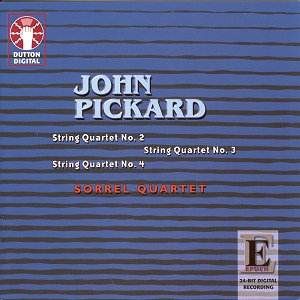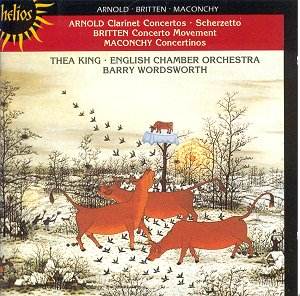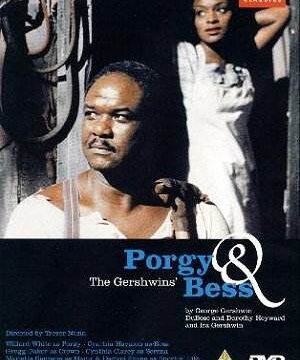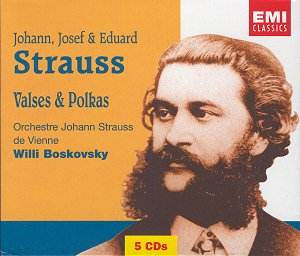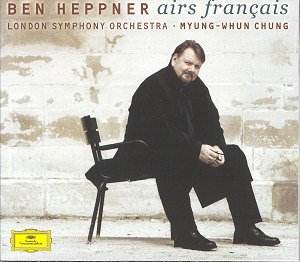 Composer: French
Composer: French
Works: Arias by Berlioz, Halévy, Massenet, Meyerbeer, and De Lisle
Performers: Ben Heppner (tenor), London Voices, London Symphony Orchestra, Myung-Whun Chung
Recording: All Saints Church, London, June/July 2001
Label: DG 471 372-2 GH
The realm of French opera is a treasure trove of lyrical beauty, dramatic intensity, and complex characterizations. Ben Heppner’s latest recording offers a compelling exploration of this repertoire, featuring arias from notable composers such as Berlioz, Halévy, Massenet, Meyerbeer, and De Lisle. Each selection not only showcases the nuanced expressiveness of the tenor but also serves as a reflection of the rich tapestry of emotions and narratives found within French operatic traditions. Heppner, often associated with Wagnerian roles due to his powerful voice, proves to be equally adept in navigating the subtleties of French lyricism.
Heppner’s interpretation reveals a voice that, while not a traditional heldentenor, possesses a heroic ring and a lyric-dramatic quality that is well-suited to this repertoire. His timbre, characterized by an open-throated resonance, allows him to tackle the vocal demands of these arias with both strength and sensitivity. In the aria “O Souverain, ô juge, ô père” from Massenet’s Le Cid, Heppner’s nuanced phrasing and dynamic control shine, capturing the internal conflict of Rodrigue with emotional depth. The comparisons drawn between Heppner and his peers, such as Domingo and Alagna, notably highlight his idiomatic French diction and musical intelligence, particularly in “O paradis” from Meyerbeer’s L’Africaine. His interpretation not only stands up to scrutiny but often surpasses expectations in terms of authenticity and expressiveness.
The recording quality, captured in the acoustically rich environment of All Saints Church, is commendable. The balance between Heppner and the London Symphony Orchestra, under the baton of Myung-Whun Chung, is excellently managed, allowing for both the orchestral textures and the tenor’s voice to emerge clearly. Chung’s conducting supports the lyrical flow of the arias, ensuring that the orchestra enhances rather than overwhelms the vocal lines. The chorus, particularly in Berlioz’s arrangement of “La Marseillaise,” contributes a vibrant energy that elevates the overall performance. The engineering captures a full-bodied sound that feels both immediate and expansive, making for an engaging listening experience.
However, the sequencing of the tracks, organized alphabetically by composer, raises questions about the artistic intent behind the arrangement. A chronological or thematic approach might have offered a more cohesive narrative arc, allowing the listener to experience the evolution of French operatic style more organically. Nonetheless, the generous running time of 74 minutes offers a substantial survey of the repertoire, providing ample opportunity for listeners to appreciate the diverse emotional landscapes painted by these composers.
Heppner’s latest endeavor is a commendable addition to the discography of French operatic arias. His ability to imbue each selection with a distinct character while maintaining an overall sense of coherence speaks to his artistry and understanding of the genre. The combination of Heppner’s lyrical prowess, Chung’s adept conducting, and the high-quality engineering results in a recording that not only honors the works of these composers but also affirms Heppner’s place within this rich tradition. For those seeking a thoughtful and beautifully executed interpretation of French opera, this recording is an invaluable resource.
